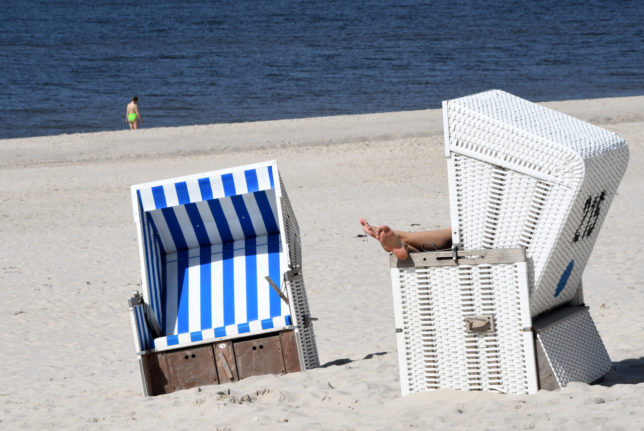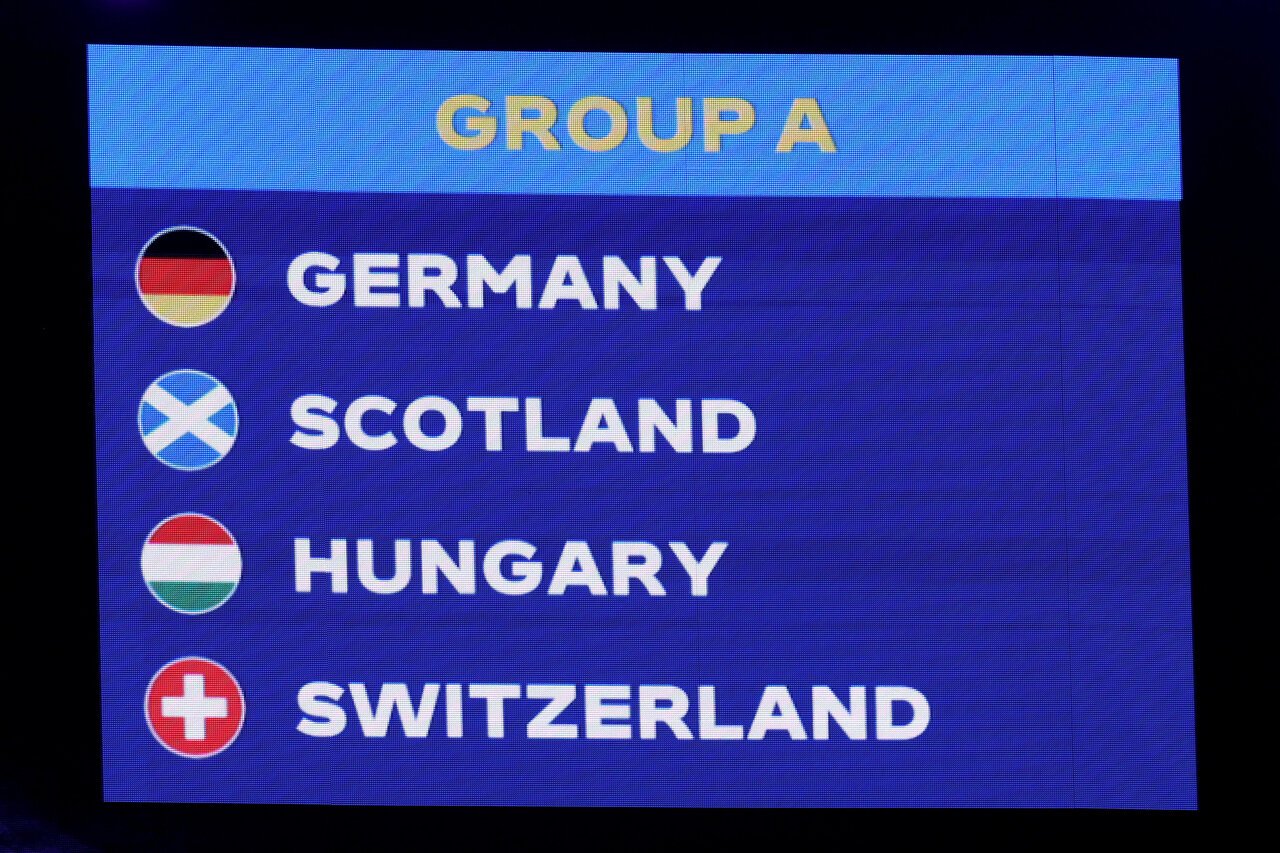Twenty people squeezed into a Trabant from former East Germany, a Bobby-Car sped down a street at 106 miles per hour and a Christmas Stollen reached a length of 1,022 meters.
Germans have again pushed themselves to break some world records this year. In 2022, 90 new ones were logged, Olaf Kuchenbecker, chief judge at the Record Institute for Germany, told DPA.
This marks an all-time high. Last year, he said, there were 80 records, and in the first pandemic year of 2020, there were as many as 89. In 2019, a total of 75 were confirmed, according to Kuchenbecker.
“This shows that the record-breaking spirit is unbroken – even amid the pandemic,” he said. Since mass gatherings weren’t possible for a long time under Covid rules, Germans have set records without an audience over the past few years, including a man who ran a marathon carrying a giant log on his shoulder the whole time.
Kuchenbecker said the pandemic also had an influence on the types of records people tried to break – and even created new categories.
In 2022, however, people could once again attempt to break their records in front of an audience.
At the end of the year, for example, a tower in Gau-Weinheim in Rhineland-Palatinate put Pisa to shame and entered the record book as the world’s most leaning tower with an inclination of 5.4277 degrees.
In Hamburg, a man smashed 113 full beer cans with his elbow in 60 seconds. A drummer from Kiel turned his drumsticks around his fingers 105 times per minute. In Lower Saxony, a duo also managed to change a tractor tire in just three minutes and 16 seconds.
READ ALSO: Berliners break world record with 423kg döner kebab
Statistically, the Hamburg-based institute – the German-language equivalent of the Guinness Book of Records – gets one inquiry with an idea every day.
“Not everything we receive in terms of requests is accepted as a new record category,” Kuchenbecker said.
But how many record attempts fail? According to Kuchenbecker, they are few and far between. “When we are on site as judges, people are sufficiently well prepared,” he explained.
“They don’t want to have to go it all again,” he said, referring to the fact that the public and media are there. “That creates a certain pressure.”
Vocabulary
squeeze – sich quetschen
record – (der) Höchstwert/(der) Rekord
drummer – (der) Schlagzeuger
a log – (der) Baumstamm
We’re aiming to help our readers improve their German by translating vocabulary from some of our news stories. Did you find this article useful? Let us know.)




 Please whitelist us to continue reading.
Please whitelist us to continue reading.
Member comments